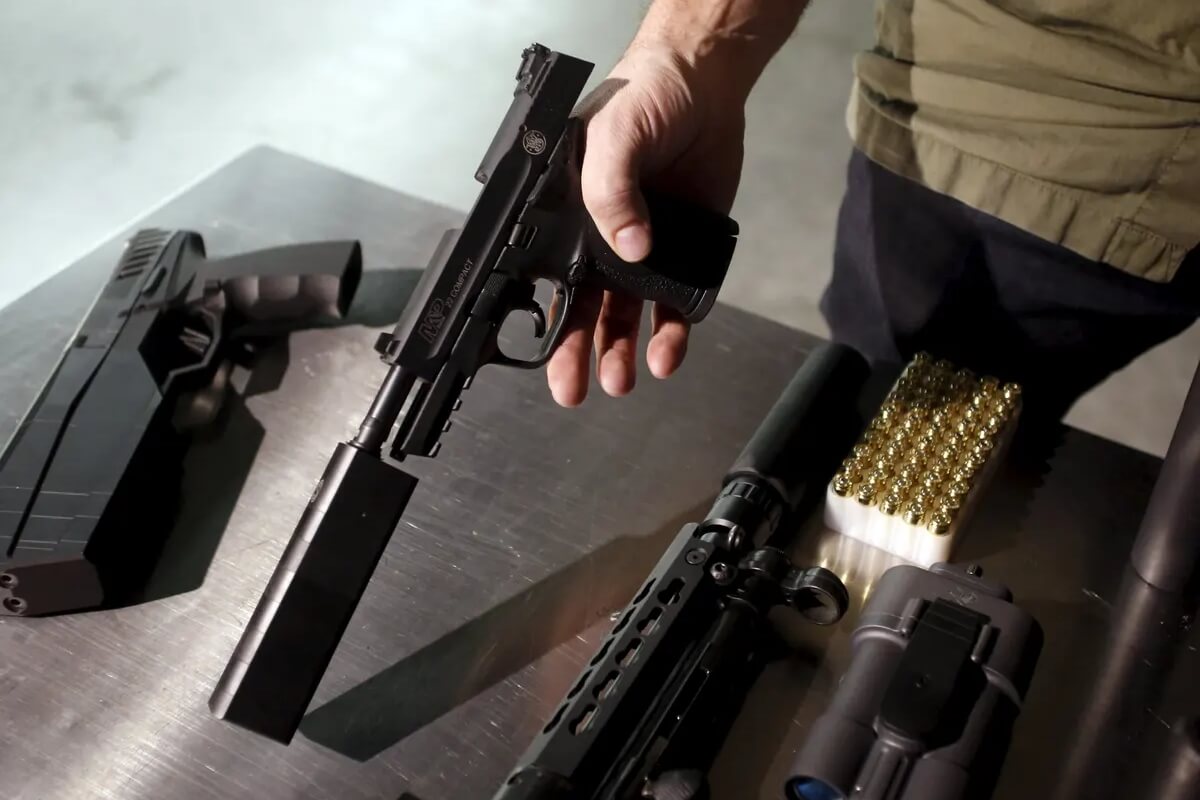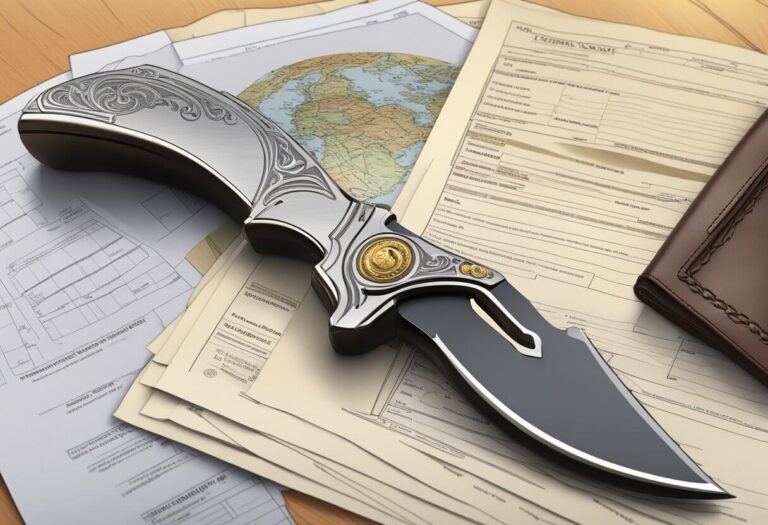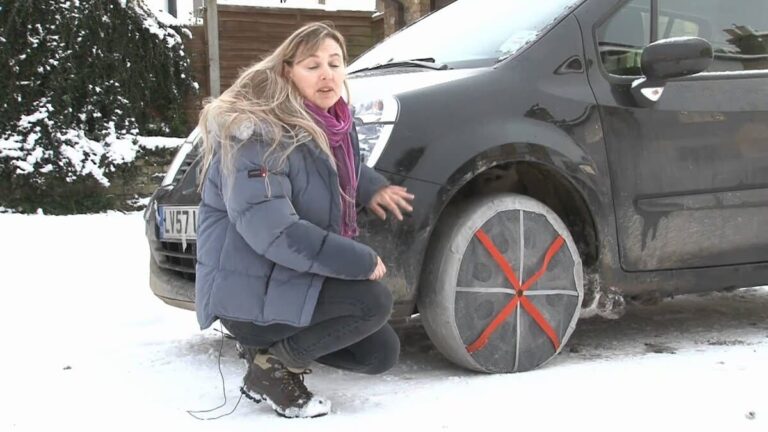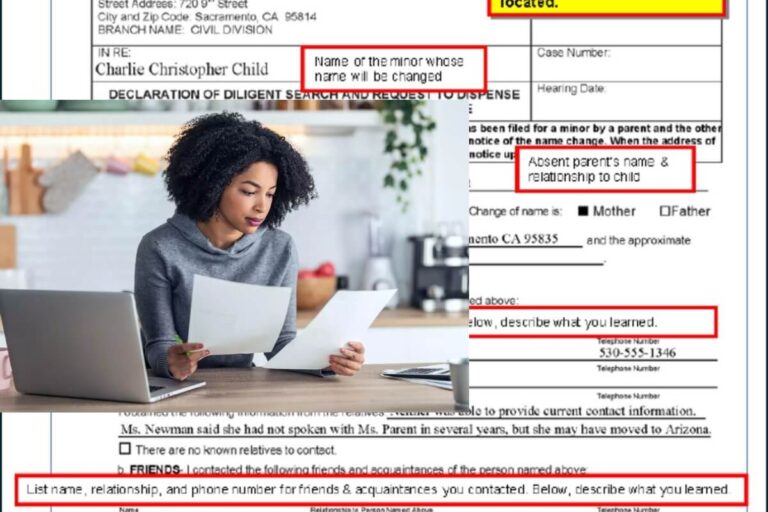Are Suppressors Legal in California? The Truth About Suppressor Laws

If you’re a gun enthusiast in California, you may have wondered: are suppressors (also known as silencers) legal in the Golden State? The short answer is that while limited exceptions exist, suppressors are essentially illegal for civilians to possess or use in California.
In this guide, we’ll examine into California’s strict laws surrounding suppressors, covering key topics like:
- The legal definition of what qualifies as a suppressor
- Harsh penalties for illegal suppressor possession or use
- Potential defenses against suppressor charges
- Exceptions that allow certain authorized entities to use suppressors
- Comparisons to suppressor laws in other states
- Recent legal challenges and the future of suppressor laws in California
- FAQs addressing common suppressor-related questions and concerns
So if you’re a gun owner, hunter, or anyone curious about California’s stance on these controversial devices, keep reading. We’ll break down the complex laws in simple, easy-to-understand terms.
Understanding California’s Suppressor Laws
The primary law governing suppressors in California is Penal Code 33410 PC. This statute makes it a felony for any “person, firm, or corporation” to possess a suppressor within the state.
Specifically, PC 33410 states:
“Any person, firm, or corporation who within this state possesses a silencer is guilty of a felony and upon conviction thereof shall be punished by imprisonment…or by a fine not to exceed ten thousand dollars ($10,000), or by both that fine and imprisonment.”
So in essence, merely having a suppressor in your possession can lead to very serious criminal charges and penalties in California, which we’ll cover in more detail shortly.
However, there are some limited exceptions outlined in Penal Code 33415 PC that allow certain authorized groups to legally purchase, possess, and utilize suppressors:
Authorized Peace Officers and Military Personnel: Law enforcement agencies listed under Section 830.1 PC, as well as state and federal military forces, are permitted to possess and use suppressors for official duty purposes when properly authorized.
Manufacturers and Dealers: Licensed manufacturers and dealers registered with the Bureau of Alcohol, Tobacco, Firearms and Explosives (ATF) can legally manufacture, possess, transport, sell or transfer suppressors to the authorized military and law enforcement agencies mentioned above.
For any civilians outside of these very narrow exceptions, possession of a suppressor is strictly prohibited under California law.
It’s also important to note that suppressors relate to several other key California gun laws, such as:
- Regulations on assault weapons (Penal Code 30600 PC)
- Laws on manufacturing, selling, lending, or possessing firearms without a license (Penal Code 26500 PC)
- Restrictions on ammunition designed for enhanced penetration (Penal Code 30315 PC)
So suppressor laws don’t exist in a vacuum – they tie into California’s overarching strict regulatory framework for guns and gun-related accessories and equipment.
What Qualifies as a Suppressor in California?
But what exactly is classified as a “suppressor” or “silencer” under California law? The legal definition covers:
“Any device designed to be attached to or incorporated into a firearm which is intended to muffle, suppress, or decrease the report of the firearm.”
So in simple terms, it’s any attachment designed to reduce the sound produced when a gun is fired. This could include screw-on suppressor tubes or integrated suppression built into the firearm itself.
Some examples that would be considered suppressors:
- A metal tube attached to the muzzle of a rifle
- An integrated suppression system built into the barrel of a pistol
- An improvised device like a plastic bottle or metal can fitted over the muzzle
It’s important to understand that other common firearm accessories are not considered suppressors under the law, including:
- Muzzle brakes (designed to reduce recoil, not sound)
- Compensators (redirect gases to counter muzzle rise)
- Conventional scopes, optics, or iron sights
The key factor is whether the specific device was designed and intended for the purpose of reducing the sound of the firearm discharge. If so, it meets the legal criteria as a suppressor in California.
Penalties for Illegal Suppressor Possession in California
Given that suppressors are essentially banned for civilians in California under PC 33410, the penalties for illegal possession are quite severe.
Possession of a suppressor is charged as a felony offense in the state. Upon conviction, an individual could face:
- A maximum $10,000 fine
- Imprisonment for 16 months, 2 years, or 3 years
However, there is also the possibility of receiving felony (formal) probation instead of jail/prison time. This is where a judge allows the convicted person to serve their sentence through supervised probation rather than incarceration.
The specific penalties can vary based on factors like the defendant’s criminal history, the circumstances of the offense, and whether they had any legal defenses. But make no mistake – suppressor charges in California are very serious felony offenses that can permanently mar someone’s record.
In some cases, prosecutors may also pursue charges for other California gun crimes if suppressors were involved, such as:
Possession of an Assault Weapon (PC 30600): Having a suppressor attached could potentially cause a firearm to meet the legal definition of an assault weapon.
Possession of Ammunition to Penetrate Metal/Armor (PC 30315): If the ammunition used with a suppressed firearm is considered armor-piercing or metal-penetrating.
Manufacturing, Selling, or Possessing Firearms Without a License (PC 26500): For any companies or individuals involved in the unlawful manufacturing or distribution of suppressed firearms.
So in many cases, suppressor charges could be a starting point leading to additional charges and enhanced penalties related to other weapons violations.
Defenses Against Suppressor Charges
Despite the harsh penalties, there are some potential legal defenses that an experienced attorney may be able to raise if you’re accused of illegal suppressor possession:
The Object Wasn’t Actually a Suppressor: PC 33410 specifically only applies to true suppressors/silencers as defined by the law. If the object in question doesn’t meet that criteria (like a muzzle brake or compensator as mentioned earlier), your lawyer could argue it doesn’t constitute a legal violation.
You Were Subjected to an Unlawful Search and Seizure: The Fourth Amendment protects against unreasonable searches and seizures by law enforcement. If the police obtained evidence of the suppressor through an unlawful search, an attorney could file a motion to suppress that evidence and potentially get the case dismissed.
False Accusations: In some cases, individuals may be falsely accused of possessing a suppressor due to mistaken identity, ill intentions by an accuser, or other factors. A skilled lawyer can work to undermine such false allegations.
You Possessed It Lawfully/Through Exemption: While extremely difficult for civilians, it may be possible to affirm a lawful reason or approved exemption for possessing the suppressor, like qualifying under the narrow exemptions for certain authorized groups.
The applicability of any of these defenses depends heavily on the specific facts of each case. But with strategic legal counsel, there may be opportunities to avoid the full suppressor possession charges and penalties.
Can Suppressors Ever Be Legal for Civilians in California?
Given the current state of California laws, it is extremely difficult – if not essentially impossible – for the average civilian to legally obtain a suppressor for personal use and possession within the state’s borders.
As mentioned earlier, suppressors are strictly prohibited under Penal Code 33410 PC with very few exceptions granted only to certain authorized law enforcement, military, and manufacturing entities.
For civilians looking to potentially acquire a suppressor, the key exemption falls under PC 33415(c), which allows:
“Licensed dealers or manufacturers registered under Chapter 53…of Title 26 of the United States Code and its accompanying regulations when engaging in the manufacture, possession, transportation, sale, or transfer of silencers to entities specified in subdivision (a).”
So in simple terms, approved manufacturers and dealers can possess suppressors solely for the purpose of selling/transferring them to authorized military or law enforcement agencies covered under subdivision (a). Personal ownership is not permitted.
In theory, civilians may attempt to obtain a “dangerous weapons permit” from the California Department of Justice that could grant an exemption to possess suppressors and other specific weapon types like assault weapons or machine guns.
However, these permits are extremely difficult to acquire – essentially requiring the applicant to prove a specific professional need through employment like working as an actor/actress using firearms for movies and television.
So for your average civilian gun enthusiast or hunter, there is currently no viable legal pathway to suppressor ownership and use under California’s laws.
Recent Legal Challenges and the Future
That said, California’s suppressor laws (along with many other firearms regulations) have come under repeated legal challenges in recent years, arguing that such restrictions violate the Second Amendment right to keep and bear arms.
One notable case was the 2021 ruling by a federal judge that struck down California’s long-standing assault weapons ban as unconstitutional. While this specific ruling did not directly impact suppressor laws, it represented a potential shift in how strictly gun laws may be scrutinized going forward.
Pro-gun rights groups have long contended that suppressors should be treated as a non-controversial accessory akin to a spotting scope or bipod. They argue that suppressors promote safer, more courteous shooting by reducing noise pollution and recoil.
In 2017, the SHARE Act (Sportsmen’s Heritage and Recreational Enhancement Act) was introduced in Congress to help ease restrictions around suppressor ownership and transfers. While it did not pass, the bill demonstrated growing momentum to re-evaluate suppressor regulations at the federal level.
Within California itself, legal challenges have taken aim at Penal Code 33410 and other suppressor statutes through various approaches:
- Arguing that the state’s total ban on civilian ownership is unconstitutionally restrictive
- Contending that suppressors should be treated as firearms rather than separately prohibited items
- Challenging the enforcement of laws against suppressors legally obtained in other states
As of now, however, no major court rulings have upended California’s firm stance against suppressor possession by the general public. But this remains an area of intense legal focus and future court decisions could potentially open the door to reform.
For gun owners and enthusiasts in California who wish to use or acquire suppressors, staying up-to-date on new legal developments is crucial. Consulting experienced firearms attorneys is highly advisable, as even minor changes in statutory interpretation or new rulings could significantly impact what is permissible.
Barring new court precedents, it seems unlikely that California’s prohibition on civilian suppressor possession and use will be amended through the regular legislative process any time soon. But the law is never stagnant, and continued challenges may eventually bring about change in this area of firearms law and regulations.
Suppressor Laws in Other States
While California’s suppressor restrictions are among the strictest in the nation, it’s important to understand that laws can vary significantly from state to state.
At the time of this writing, 42 states currently allow civilian ownership of suppressors (also referred to as “silencers”) to varying degrees. Federal law also permits suppressor ownership provided the purchaser:
- Resides in a state that allows suppressors
- Is legally able to purchase a firearm
- Submits paperwork and fingerprints to the ATF
- Pays a $200 tax stamp per suppressor purchased
So at a minimum, purchasing a suppressor requires navigating federal regulations and tax stamp paperwork. But the specific requirements and allowances differ across state lines.
Some states have virtually no additional laws regulating suppressors beyond the federal requirements. This means they are treated similarly to other firearms accessories like optics or match-grade triggers.
Other states impose extra regulations like:
- Requiring a separate permit or license for suppressor possession
- Only allowing their use for certain purposes like hunting
- Restricting the types of firearms that can be suppressed
- Mandating registration of all suppressors owned
Then you have a handful of states like California, New York, Delaware, Massachusetts, and others that have outright bans on civilian suppressor ownership and possession with limited exceptions.
This patchwork of laws underscores how different states can take vastly different stances on the legality and permitting surrounding these devices. For hunters, target shooters, or armed citizens who regularly travel across state lines, keeping track of suppressor laws is crucial to ensure compliance wherever their journeys take them.


![Are AR Pistols Legal in California? [Definitive 2024 Guide] 3 Are AR Pistols Legal in California? [Definitive 2024 Guide]](https://legalinformers.com/wp-content/uploads/2024/03/are-ar-pistols-legal-in-california-768x525.jpg)



